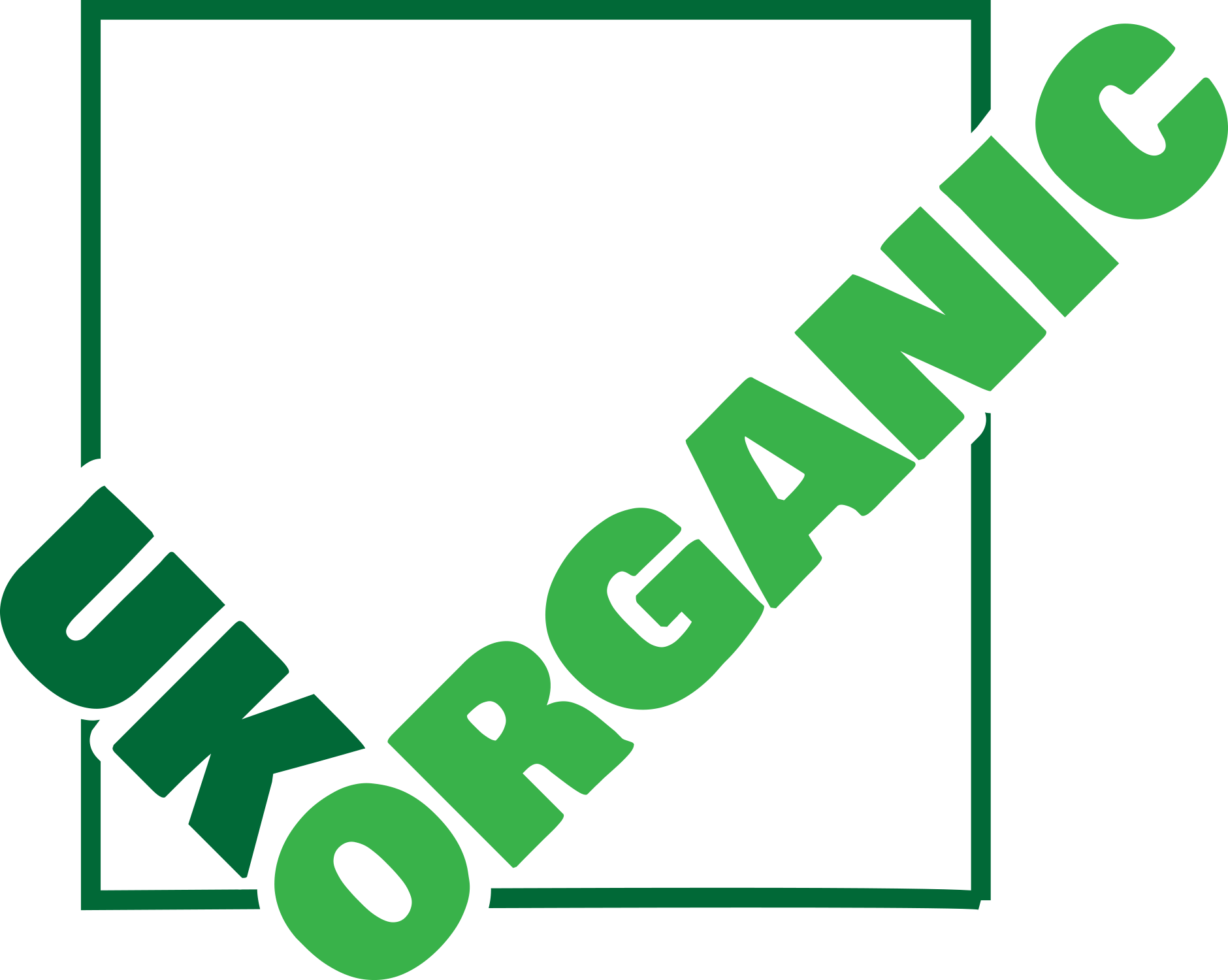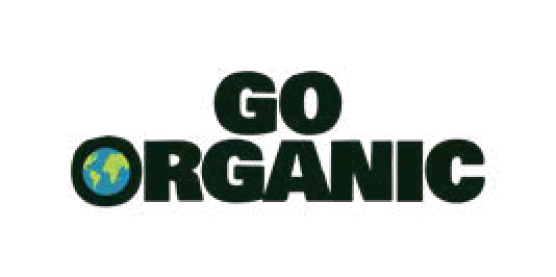We are delighted to welcome DAABON UK to the OTB, a business which brings sustainable organic palm oil to the UK!

DAABON is a family-owned company spanning two generations that has been growing and producing organic & sustainable crops for over 100 years. Founded in 1914 with headquarters in Santa Marta, Columbia, they focus on bringing responsibly produced products to the UK market such as palm oil, bananas, avocados, coffee and limes.
What Do They Do?

The DAABON group is a leader in the production of organic and sustainable agriculture. They are a vertically integrated company and own the entire supply chain for their palm and banana plantations, which means they can guarantee a fully transparent product, which can be traced to its source.
DAABON’s Palm oil plantation land has almost solely been used for agriculture. In the early 1900s, most of the land in the region was owned by US-based United Fruit Company and has developed on the back of cattle rearing and various crops, including corn, rice, cotton and bananas. Their oil palm is grown on two types of land – company/family-owned and smallholder owned. Their banana plantations are solely owned by the family today and account for about 860 hectares.
The group ensures that the small-holders’ growers supply chain benefits from purchase price differential (premium), preferential payment terms and technical assistance.
 In addition to that, the group has made a commitment to protect and preserve any small tracts of remaining primary and secondary forest in the region. The company considers these areas as great assets, not only because it is the last piece of untouched land (birds, monkeys and ‘palm bears’ live there), but through natural self-regulation, it contributes to neutralise and protect the proliferation of pests in the crops.
In addition to that, the group has made a commitment to protect and preserve any small tracts of remaining primary and secondary forest in the region. The company considers these areas as great assets, not only because it is the last piece of untouched land (birds, monkeys and ‘palm bears’ live there), but through natural self-regulation, it contributes to neutralise and protect the proliferation of pests in the crops.
With their forests home to over 400 birds and approximately 150 mammals DAABON are always conscious of preventing loss of flora and fauna in their areas of operation. A minimum buffer zone of 30 metres is set where their plantations border waterways and they have set aside or restored more than 10% – over 32 square km – of their land to create wildlife corridors, which allows animals to roam through the plantations undisturbed.
Can Palm Oil be sustainable?
Planting in peat and the burning of fields are the two major issues that cause concern around palm oil and make its production unsustainable. Neither of these happen at DAABON or are practised in Colombia. There is an exhaustive monitoring program in place, which ensures that all company owned production and extraction mills, as well as the practices of the smallholders who supply them, are fully compliant with every international safety and sustainability standard.
DAABON or are practised in Colombia. There is an exhaustive monitoring program in place, which ensures that all company owned production and extraction mills, as well as the practices of the smallholders who supply them, are fully compliant with every international safety and sustainability standard.
DAABON’s client base ranges from small and medium-sized enterprises to large corporations in various industries including food manufacturing, ingredient suppliers, food service, soap manufacturing, brand owners feed compounds, fruit ripening facilities and retailers among others. In 2019, for the fifth year running, DAABON was awarded the number one sustainable palm oil supplier into the UK by the SPOTT tool powered by the Zoological Society of London, which looks for radical transparency across the industry and analyses every aspect of sustainability in around 90 global operators in the palm oil industry.



